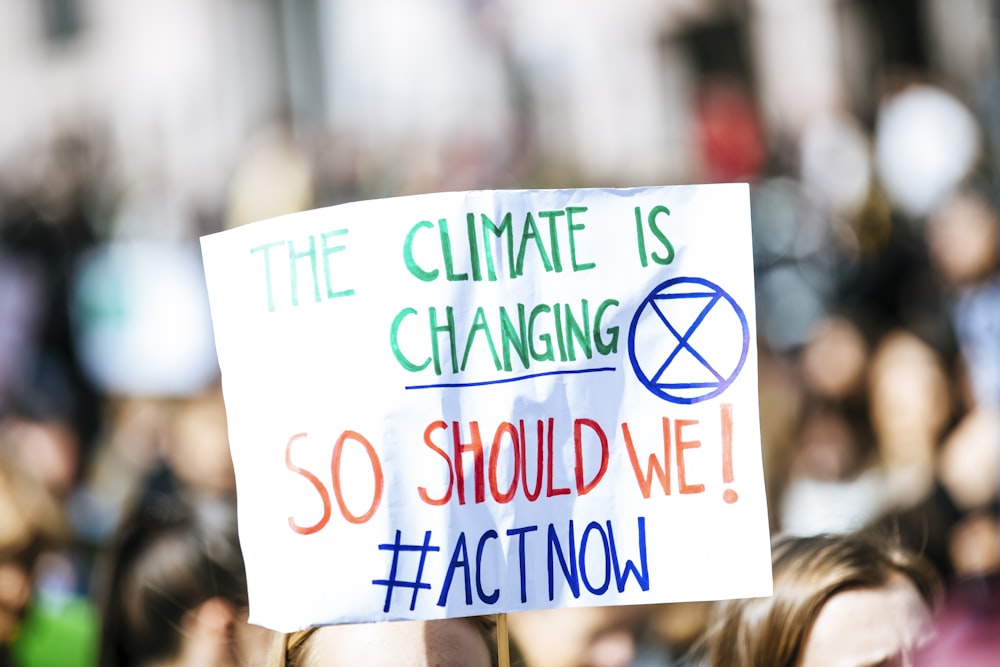Global Warming: Are Both Sides Wrong?
Photo by Markus Spiske on Unsplash
Many progressives view global warming as a looming catastrophe, justifying a major change in our lifestyle.
Some conservatives regard global warming as a hoax. Most, however, acknowledge its reality, while arguing that economic models often show only a very modest hit to global GDP over the next century. (Large in dollar terms but quite small in percentage terms.)
I lean a bit more toward the conservative view, although I also worry about damage to the animal kingdom that may not be picked up in GDP statistics. Also, there may be a cost to the human utility that doesn’t show up in the data, perhaps due to a more uncomfortable climate. And there will be some severe regional impacts. So on balance I still favor policies such as a carbon tax, a policy that I do not view as being costly.
Today, I’d like to challenge the framing that both sides of the debate seem to have accepted, the view that addressing global warming requires major sacrifices. I suspect that the problem does require major changes, but I see no reason to assume these changes would be sacrificed.
The following tweet caught my eye:

France is not some sort of special case like Iceland, where it’s easy to generate clean energy. It’s Europe’s second-biggest economy and a fairly normal developed country. And yet 99% of its electricity is zero carbon. Yes, they still have cars and trucks consuming gasoline, but electric cars are on the way.
One argument against copying France is that clean energy is really costly. That’s the implicit assumption in this whole debate, isn’t it? But is it costly? Consider electricity prices in various developed countries:

France is not the cheapest, but it has lower electricity prices than all of the other major Western European countries (Germany, the UK, Italy, Spain.)
France relies mostly on nuclear, but also a mix of wind, solar, hydro, and other low carbon energy sources. The big nuclear (and hydro) capacity provides a buffer for periods when it’s cloudy or the wind is calm. Once France switches to electric cars and trucks, it will have mostly solved its carbon emission problem, at a very low cost. And their fast trains are already electric. (Heating and industry are also carbon emitters, but I suspect there are low-cost solutions there as well.)
In contrast, Germany is shutting down its nuclear industry and replacing the energy with coal-fired plants.
This post is not about progressives and conservatives; it’s about the fact that the developed world’s response to global warming has been pathetic when you consider how little it costs to effectively address the issue. There’s plenty of blame to go around.




